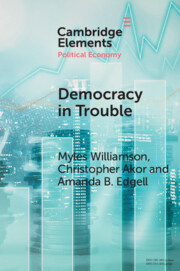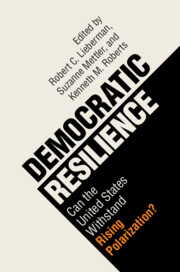Brazil, for many scholars and pundits, showcased the risk of democratic breakdown with the election of a far-right populist like Jair Bolsonaro. Against pessimistic expectations, however, not only has Brazilian democracy survived but politics has returned to business as usual. What can explain this supposedly unanticipated outcome? This article provides an analytical assessment of this this puzzle and offers an alternative explanation. We argue that both the diagnoses of Brazilian institutions and the predictions made were misguided. We explore the role played by the Supreme Court, party system, media, and congressional politics in restricting Bolsonaro’s illiberal initiatives.

